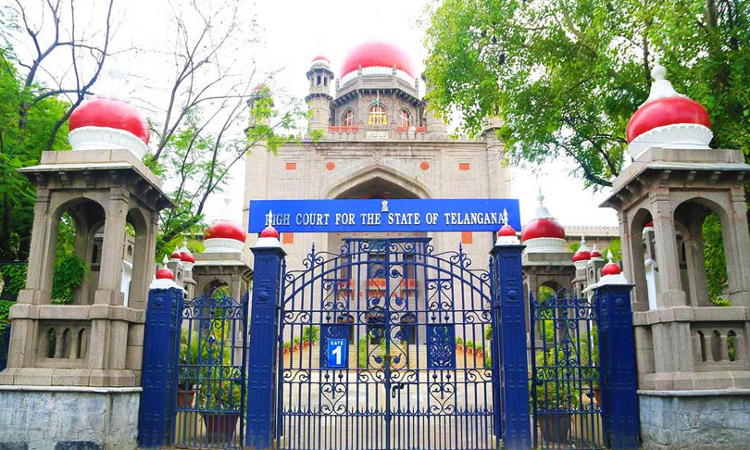-
by Admin
15 February 2026 2:36 AM



In a landmark ruling, the High Court for the State of Telangana overturned a Family Court decision granting a divorce on the grounds of cruelty, emphasizing the legal principle that “No amount of evidence can be looked into, upon a plea which was never put forward in the pleadings,” as highlighted by the Hon’ble Justices K. Lakshman and P. K. Sujana.
The case, Involving appellant A. Asha Latha and respondent Abisetti Venkata Rao, reached the High Court after the appellant contested the Family Court’s decision. Initially filed on the ground of desertion, the respondent later sought to amend the petition to include cruelty. However, this amendment was previously set aside by the High Court in CRP No.1249 of 2014, leading to a significant misstep by the Family Court in granting divorce based on unpleaded and unproven grounds of cruelty.
In their judgment, the High Court Justices cited several precedents, underlining the importance of adhering to the norms of civil procedure. They stated, “A Court cannot make out a case not pleaded… Nor can it grant a relief which is not claimed and which does not flow from the facts and the cause of action alleged in the plaint.” This reassertion of legal standards underscores the necessity for precise pleadings and the limitations of the court in granting relief beyond what is explicitly sought in the pleadings.
The High Court's decision to set aside the Family Court's order is seen as a reinforcement of the sanctity of legal procedures and a reminder that courts are bound by the claims and evidence presented within the framework of the law. Legal experts view this ruling as a significant affirmation of procedural discipline in matrimonial disputes, potentially influencing future cases where pleadings and evidence are in question.
Date of Decision: 14.11.2023
Asha Latha VS Abisetti Venkata Rao
